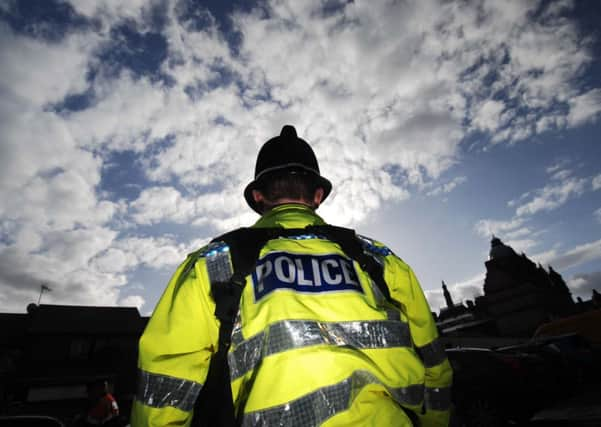New law combats menance of drug-drivers


The legislation makes it easier for police to target drug-drivers because it sets limits for certain drugs - meaning police can test drivers in a similar way to alcohol.
It will make it a criminal offence to drive with drugs in England and Wales, removing the need to prove impairment and making it much easier to prosecute drug drivers.
Advertisement
Hide AdAdvertisement
Hide AdLimits have been set at very low levels for eight illegal drugs including cannabis and cocaine and for legally prescribed drugs including diazepam and methadone.
The Government says the law is not designed to catch those taking legitimate medicines that don’t impair their driving.
The law will be enforced with roadside screening devices involving a saliva swab. Those found guilty will face up to six month in jail, a fine up to £5,000 fine and a minimum 12-month driving ban.
The extent of the UK’s drug driving problem was revealed by Huddersfield-based charity Brake last year in a survey that showed the equivalent of one million drivers (three per cent) admitted to having driven on drugs in the past year.
Advertisement
Hide AdAdvertisement
Hide AdThe new law also clarifies the position on prescribed medication, with set limits for a number of drugs.
Inspector Joanne Field, of West Yorkshire’s Roads Policing Unit, said: “Cannabis and cocaine are the most common illegal drugs used by people who drug-drive and this new legislation increases our ability to identify and arrest people who drive with illegal drugs in their system.
“Because the new law also sets limits for types of legal drugs it’s vital that anyone taking prescribed medication reads the instructions carefully and sticks to the prescribed dosage.
“If you have any concerns regarding the impact any medication may have on your ability to drive, please speak to your doctor before you get behind the wheel.”
Advertisement
Hide AdAdvertisement
Hide AdJulie Townsend, of Brake, said: “We are delighted that our long-running campaign for a tougher law is finally seeing success.”
The new law is also being welcomed by the family of Croydon schoolgirl Lillian Groves, 14, who was killed by a speeding driver on cannabis in 2010.
Their campaigning was instrumental in securing the new legislation.
Lillian’s mum, Natasha Groves, said: “We are pleased the Government has taken on board the severity of drug driving and acted accordingly by implementing zero-tolerance limits, roadside drug testing and serious penalties for those found guilty.
Advertisement
Hide AdAdvertisement
Hide Ad“The legislation is now up to date and fit for purpose. Having to prove impairment will no longer be a matter of judgement, but a testable fact.”
North Yorkshire Police has been using drug testing equipment in custody suites for over a year and will now start using them at the roadside.
However, Deputy Chief Constable Tim Madgwick said there were “practical challenges” with testing for levels of substances that needed to be worked on before the full potential of the new law can be realised.